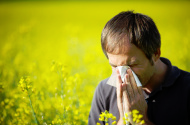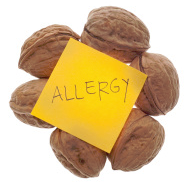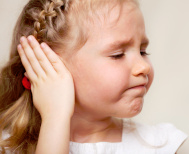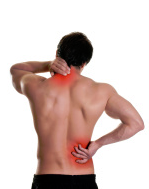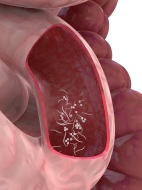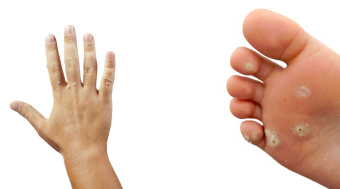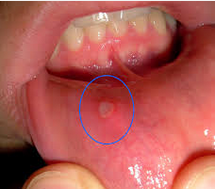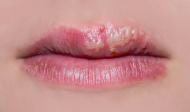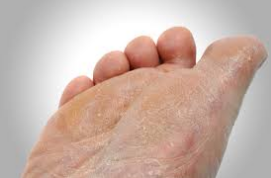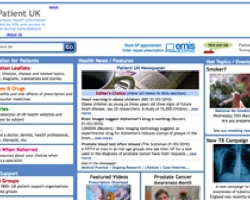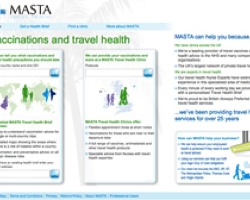
Booking your appointment

If you are not able to use the eConsult website through lack of access or disability, please do call our receptionist who will be able to complete the eConsult for you over the telephone.
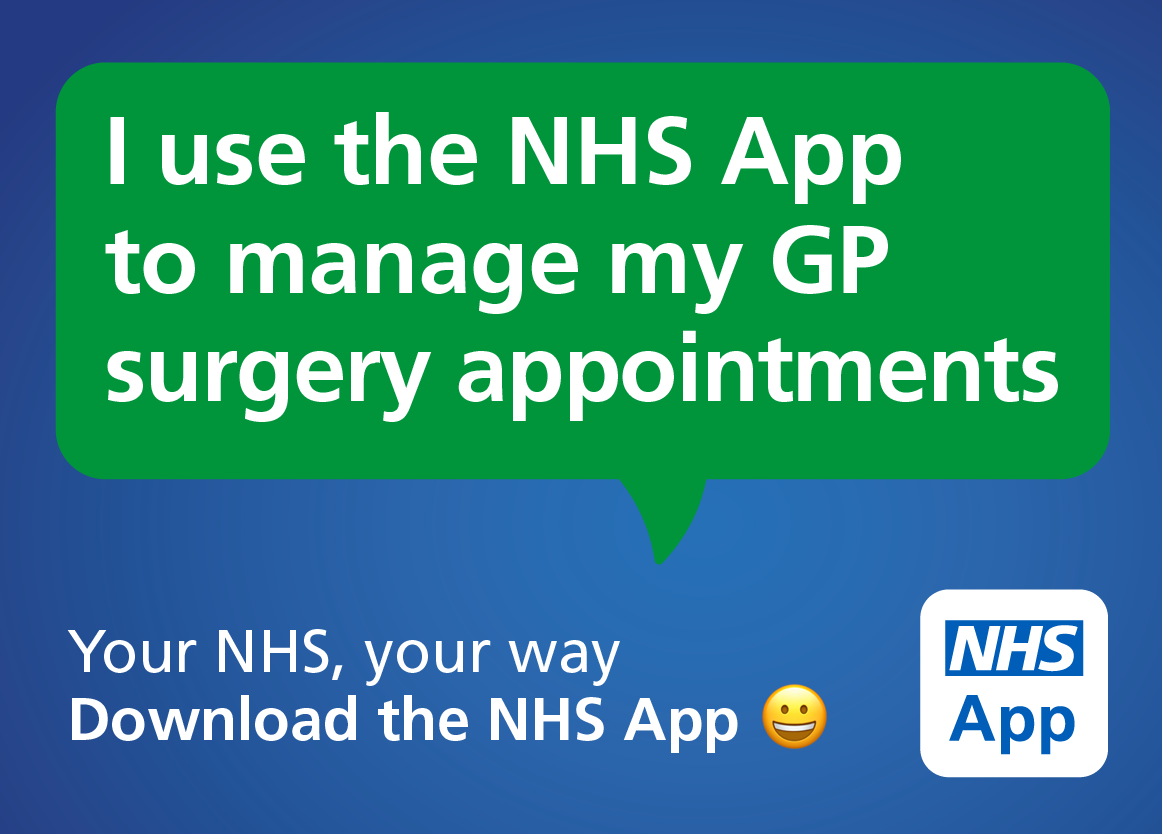
Common problems your pharmacist can help with:
It is estimated that every year, 50 million visits to the GP are made for minor ailments such as coughs and colds, mild eczema and athlete's foot.
But by visiting your pharmacy instead, you could save yourself time and trouble.
Instead of booking and waiting for a GP appointment, you can visit your local pharmacist any time - just walk in.
All pharmacists can recognise many common health complaints. They can give advice or, where appropriate, medicines that will help clear up the problem.
If your problem is more serious and needs the attention of a GP, your pharmacist will recognise this and advise you to see your GP instead.
What's more, many pharmacies are open in the evenings and on the weekends.
If everybody went to a pharmacist with common health problems, more time would be freed up for our GPs. This might make it easier to get a convenient appointment with your GP next time you need one.
So, if you have a common health problem, a trip to your local pharmacy is an option.
Your pharmacist may be able to help with:
Acne
Acne is a common skin condition that affects most people at some point. It causes spots to develop on the skin, usually on the face, back and chest.
Eczema
Atopic eczema, also known as atopic dermatitis, is the most common form of eczema. It mainly affects children, but can continue into adulthood.
Cough
A cough is a reflex action to clear your airways of mucus and irritants such as dust or smoke. Coughs may be dry or chesty (see below) and most coughs clear up within three weeks. Treatment isn't usually necessary, but a home remedy containing honey and lemon may help ease a short-term cough.
Colds
A cold is a mild viral infection of the nose, throat, sinuses and upper airways. It can cause a blocked nose followed by a runny nose, sneezing, a sore throat and a cough.
Constipation
Constipation is a common condition that affects people of all ages. It can mean that you're not passing stools regularly or you're unable to completely empty your bowel.
Haemorhoids
Haemorrhoids, also known as piles, are swellings that contain enlarged blood vessels that are found inside or around the bottom (the rectum and anus).
Hay Fever
Hay fever is a common allergic condition that affects up to one in five people at some point in their life.
Allergy
An allergy is an adverse reaction that the body has to a particular food or substance in the environment.
Headache
More than 10 million people in the UK get headaches, making them one of the most common health complaints, but most are easily treated.
Earache
Earache is cited as the most common reason for a parent to call a doctor out of hours for their child. It will often be the result of an ear infection.
Back pain
Back pain is a common problem that affects most people at some point in their life. It usually feels like an ache, tension or stiffness in your back.
Indigestion
Indigestion, also known as dyspepsia, is pain or discomfort in your chest or stomach. This usually comes on soon after eating or drinking.
Diarrhea
Diarrhoea is passing looser or more frequent stools than is normal for you.
Threadworms
Threadworms, also known as pinworms, are tiny parasitic worms that hatch eggs in and infect the large intestine of humans.
Warts
Warts are small, rough lumps that often develop on the skin of the hands and feet.
Mouth Ulcers
Mouth ulcers are painful round or oval sores that form in the mouth, most often on the inside of the cheeks or lips.
Cold Sore
Cold sores are small blisters that develop on the lips or around the mouth. They are caused by the herpes simplex virus and usually clear up without treatment within 7 to 10 days.
Athlete's Foot
Athlete�s foot is a common fungal infection of the foot. An itchy red rash develops in the spaces between your toes. The affected skin may also be scaly, flaky and dry.
Teething
Most babies start teething at around six months. However, all babies are different and the timing of teething varies.
2021 © Dr. Arjuna. ALL Rights Reserved.






